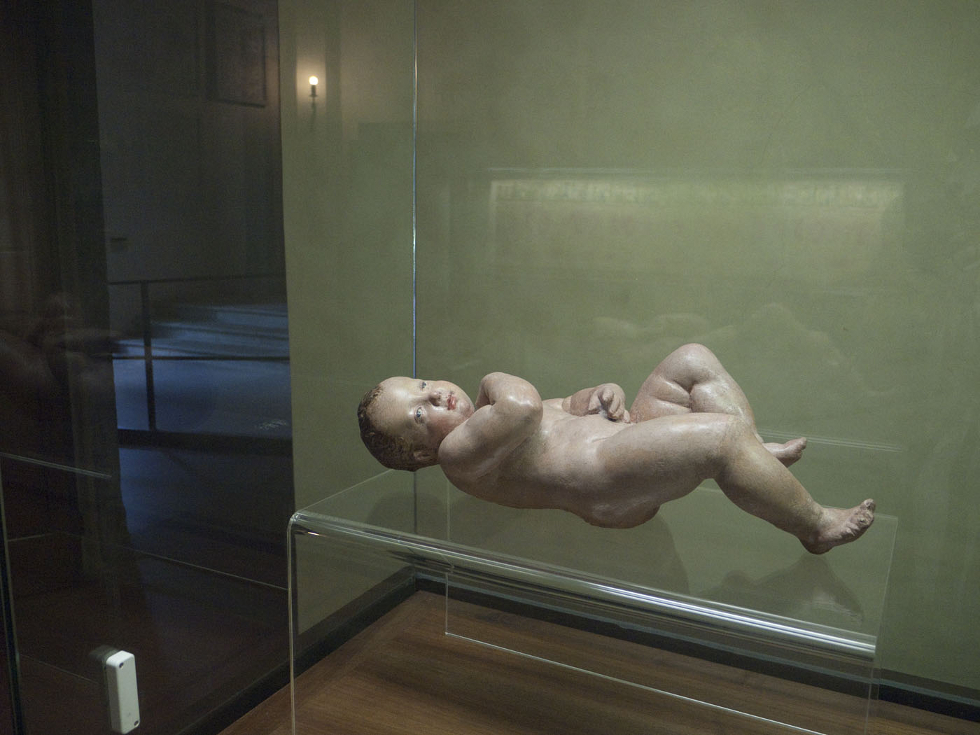
One of the risks of doing anthropological fieldwork among fundamental Baptists is that you might undergo spiritual experiences similar to theirs. This is simply because you spend a lot of time with them, doing the things they do, listening very carefully and as generously as possible to the things they say, and learning to converse with them in their own terms. That’s what fieldwork requires, and it amounts to a compressed version of how fundamental Baptists themselves come to have their spiritual experiences.
I have admitted having one such fundamental Baptist-like experience while doing fieldwork among the Reverend Jerry Falwell’s church people in Lynchburg during the 1980s. That was when “God spoke to me” and I “came under conviction.” But other experiences I have mostly kept to myself. Like the time the devil got a hold of me. Or the time I had a feature-length, technicolor, premillennialist vision of the end of the world. Nor do I much discuss the fact that, after I came under conviction, I was twice (or was it thrice?) stricken by a powerful spiritual hunger, a craving for “something more,” that each time possessed me for weeks (or was it months?).
I wrote about coming under conviction because it taught me so much about how some orthodox Protestants are “born again” and come to inhabit their spiritually specific world, but that was all I dared visit upon my colleagues and readers. I held my tongue partly because the severe secular scrupulosity that my chosen field site aroused made me wary of revealing my site-specific spiritual experiences, lest I lose my audience. I was also enacting a constituitive disavowal – the refusal to “go native,” especially where anything religious is concerned—that is intrinsic to the modern practice of ethnography.
The irony is that while I lived and worked among the fundamental Baptists I often mused that I was engaged in another kind of spiritual practice, albeit a secular one. Or more precisely, that the profession of anthropology had contrived a complex of practices called ethnographic fieldwork that cultivated a particular state of mind in the individuals carrying it out and that gave them special access to otherwise invisible realities, such as “ritual,” religion,” and “culture.” And it was that set of ethnographic practices that led me to interrupt and rework the inward effects of fundamental Baptist-like practices, saying to myself things like, “Oh, that’s what they mean when they say ‘God spoke to me’, or ‘the devil got a hold of me’, or ‘the end is near’, or ‘my soul yearns for God’, rather than saying something like ‘God is real’, or ‘I’ve got to get right with God now’.”
When I underwent these experiences I did not completely merge with them. I, or some part of me, remained “outside” them, shaken and confused, but detached, observing. I was eavesdropping on my fundamental Baptist-shaped experiences. I listened to them with a second pair of ears and looked at them with a second pair of eyes given me by my secular professional spiritual practices.
But what’s the point of thinking about the act of ethnography as a spiritual practice?
Not to suggest that it produces a truth or subjectivity that is somehow religious rather than secular, but to call attention to the resonance, the uncanny likeness, of some of the practices that produce those respective truths and subjectivities. Ethnography is a spiritual practice if by that we mean a pious practice, or an embodied discipline, that gives one entry into another reality and invisible realms and that produces a kind of subjectivity, a particular sense of “self” in the process. In these two senses, ethnography is like religious practices. But in the case of the anthropological ethnographic act, the reality and realms accessed and the subject who is produced by experiencing them is specifically “not religious,” hence, in that narrow sense of the term, “secular.”
Page 1 of 4 | Next page